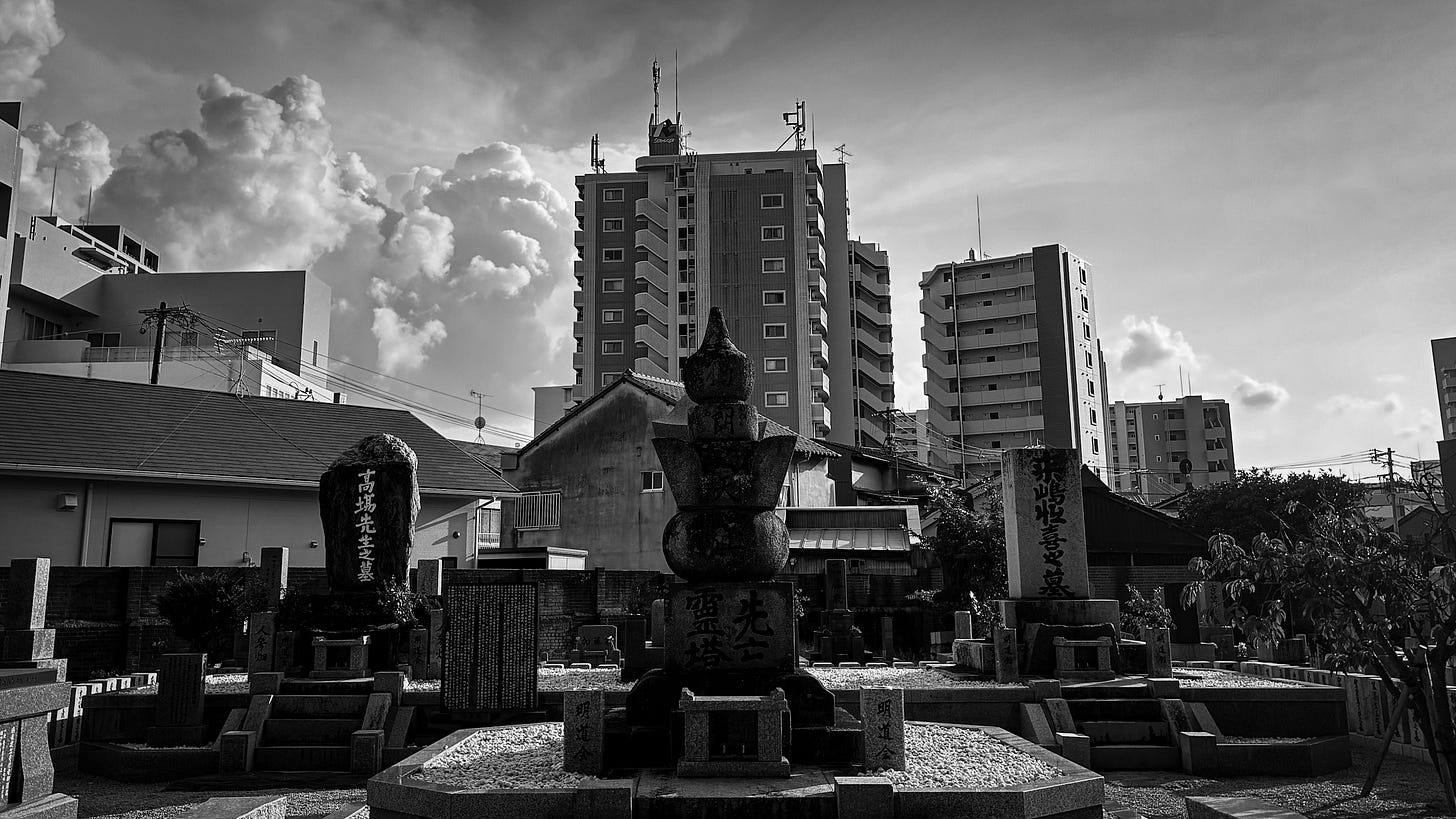I am in Hakata, Fukuoka today. For many people, Hakata evokes the image of going out to the riverside night stalls lit with lanterns in the darkness to enjoy meals. However, the greatest problem with eating out in Japan is that one cannot ensure the quality of food, and restaurants are entirely inflexible. For this reason, although I continue my research journeys across different regions, I almost never eat out. Instead, I buy high-quality ingredients as soon as I find them and cook for myself in the hotel. If I cannot obtain good ingredients, I sometimes end the day eating only nuts. To overeat and consume food that does not suit my body, thereby harming my health, is, for me, the greatest risk factor that makes research difficult. It also significantly dulls my clarity of mind, intuition, and even my pace of travel, so I avoid it very strictly.
Generally, Japan is thought of as a treasure house of food, but despite boasting the highest number of restaurants in the world, the reality of much of its dining industry is far from healthy. Walking through Hakata, where ramen shops are everywhere, I absolutely never enter them. For these reasons I have adopted this style of travel, but in a sense it can be said to resemble that of a modern ascetic. Just as practitioners of shugendō once flew from mountain to mountain in training, I move from city to city, disciplining myself in the midst of the whirlpool of desires emanating from the people of the towns.



